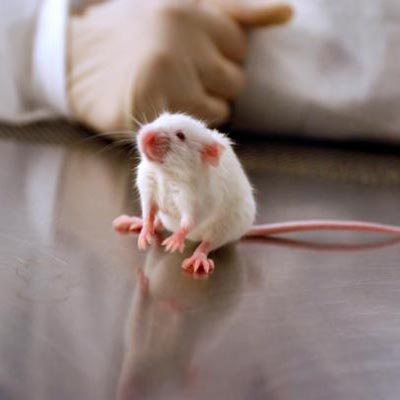Tumors may shrink if patients get bigger, nicer home
 U. S. researchers have found that having a bigger, nicer, more interesting home and more friends is linked to shrinking tumors in mice.
U. S. researchers have found that having a bigger, nicer, more interesting home and more friends is linked to shrinking tumors in mice.
They enriched the study animals' usual housing, which involved living in groups of five or so, having all the food they wanted and playing all day, by increasing living groups to 15 or 20 and providing more space, toys, hiding places and running wheels, Matthew During and colleagues at Ohio State University in Columbus have said.
During said in a statement, "Animals' interaction with the environment has a profound influence on the growth of cancer, more than we knew was possible."
During and colleague Lei Cao found tumor mass shrunk by 77 percent in the mice in the enriched environment and volume by 43 percent. Five percent of these animals showed no evidence of cancer after three weeks in their new home. There were no remissions in control animals in standard housing.
Published in the journal Cell, the study suggested a growth factor expressed in the hypothalamus called brain-derived neurotrophic factor may help in reducing tumors. When animals lacked brain-derived neurotrophic factor, the benefits of the enriched environment evaporated, the researchers said.
During said, "This paper really suggests if we look at people more in terms of their perceptions of disease, their social interactions and environment, we could realize a profound influence on cancer." (With Inputs from Agencies)